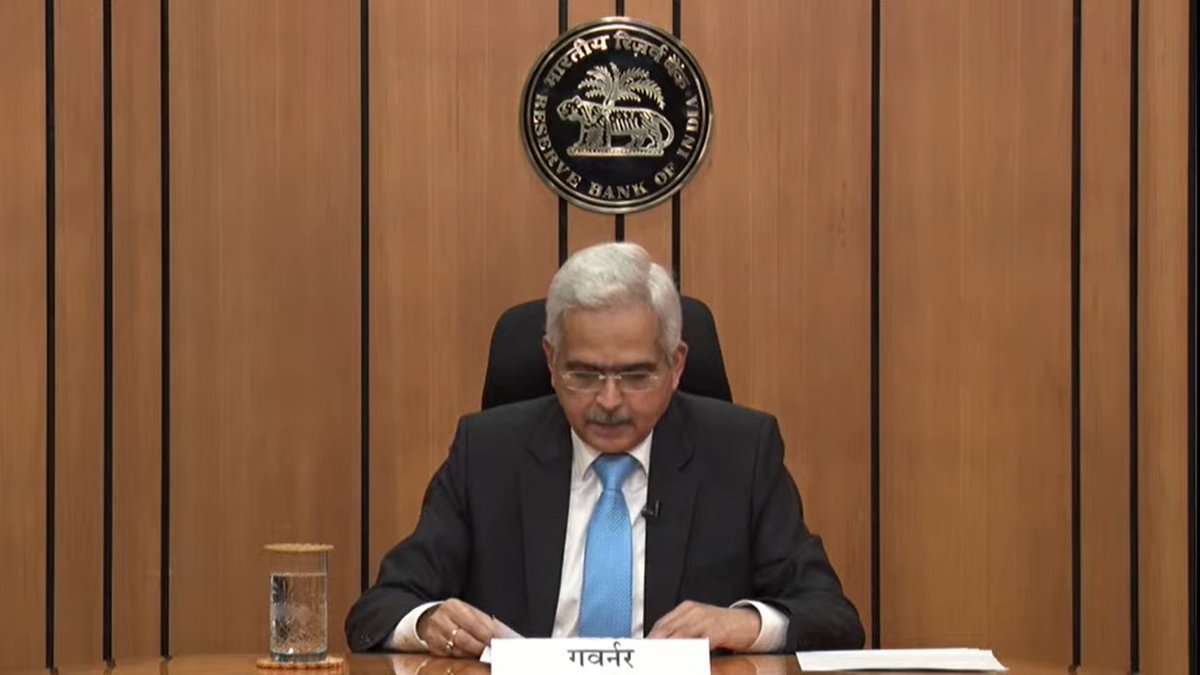
Indian government brings in a bill to bury the infamous retrospective tax that haunted #Cairn and #Vodafone for nearly a decade
businessinsider.in/policy/news/ca…
businessinsider.in/policy/news/ca…

In a bid to bury the ghost of retrospective taxation, the government on Thursday brought a bill in the Lok Sabha to withdraw all back tax demands on companies such as Cairn Energy and Vodafone and said it will refund the money collected to enforce such levies.
#retrospectivetax
#retrospectivetax
#retrospectivetax: Finance Minister Nirmala Sitharaman introduced 'The Taxation Laws (Amendment) Bill, 2021' in the Lok Sabha that seeks to withdraw tax demands made using a 2012 retrospective legislation to tax the indirect transfer of Indian assets.
The bill provides for the withdrawal of tax demand made on "indirect transfer of Indian assets if the transaction was undertaken before May 28, 2012 (i.e. the day the retrospective tax legislation came into being)."
#retrospectivetax
#retrospectivetax
The bill has a direct bearing on long-running tax disputes with British firms Cairn Energy Plc and Vodafone Group.
#retrospectivetax
#retrospectivetax
The Indian government has lost two separate arbitrations brought by the two companies against the levy of retrospective taxes.
#retrospectivetax
#retrospectivetax
While the government has virtually no liability in the Vodafone case, it has to refund USD 1.2 billion to Cairn Energy for the shares of the company it had sold, tax refund withheld and dividends confiscated.
#retrospectivetax
#retrospectivetax
The bill states that the issue of taxability of gains arising from the transfer of assets located in India through the transfer of shares of a foreign company (indirect transfer of Indian assets) was a subject matter of protracted litigation.
#retrospectivetax
#retrospectivetax
The Supreme Court in 2012 had given a verdict that gains arising from indirect transfer of Indian assets are not taxable under the extant provisions of the Act.
#retrospectivetax
#retrospectivetax
The bill proposes to amend the Finance Act, 2012 so as to provide that the validation of demand under section 119 of the Finance Act, 2012 ...
#retrospectivetax
#retrospectivetax
... shall cease to apply on fulfilment of specified conditions such as withdrawal of pending litigation and furnishing of an undertaking that no claim for cost, damages, interest, etc shall be filed.
#retrospectivetax
#retrospectivetax
#retrospectivetax: India has brought in a bill in the Lok Sabha to withdraw all back tax demands under the retrospective law brought in 2012, on companies like Cairn Energy and Vodafone, and said it will refund the money collected to enforce such levies. 

"The IT Act amendment to nullify the regressive retrospective tax law introduced in 2012 is a bold and hugely positive development": @amitabhk87 on #retrospectivetax 

• • •
Missing some Tweet in this thread? You can try to
force a refresh












